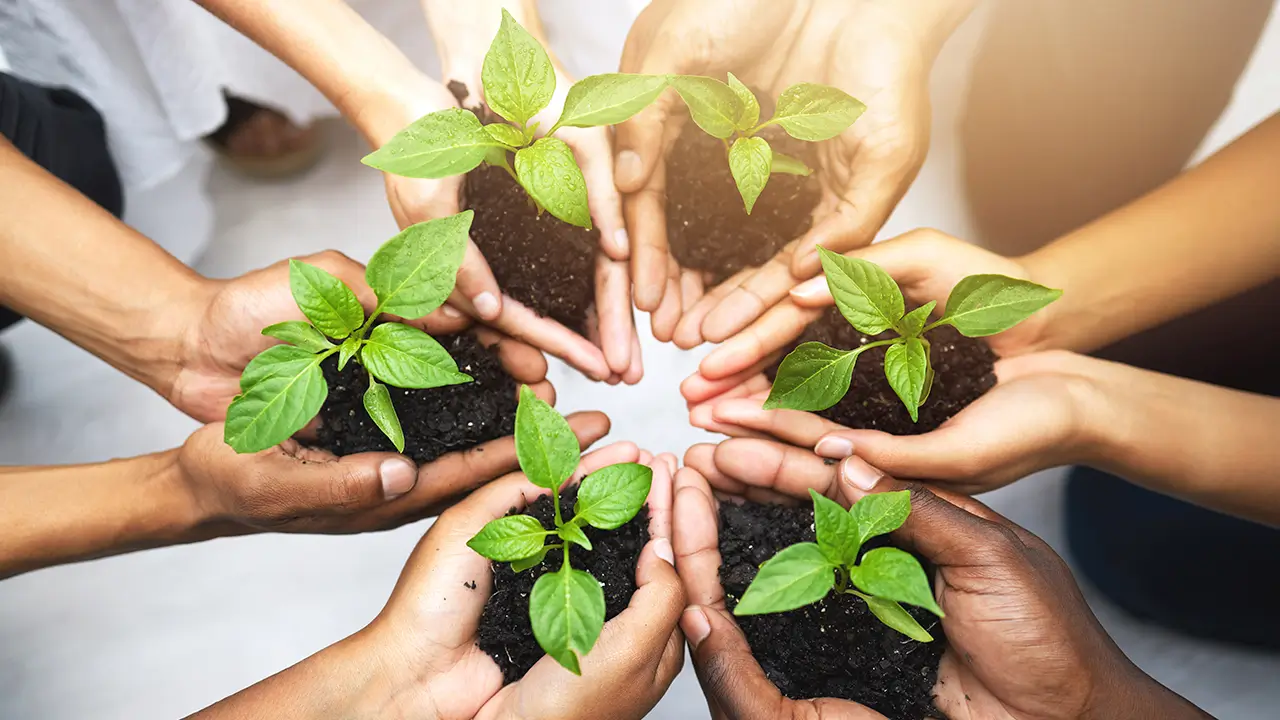Sustainability
Sustainability means using the Earth’s resources wisely so that future generations can also enjoy them. It is about meeting our needs today without harming the ability of future people to meet theirs. The main goal of sustainability is to protect nature while still allowing humans to live comfortably.
Every day, people use resources like water, soil, trees, and energy. If we use too much or waste them, the Earth will not have enough left for the future. Sustainability teaches us to use these resources carefully and find ways to replace what we take from nature.
There are three main parts of sustainability:
1. Environmental sustainability – This means protecting our environment. We can do this by planting trees, saving water, using renewable energy like solar and wind power, and recycling waste instead of throwing it away.
2. Social sustainability – This means making sure all people live safely and happily. It focuses on equality, education, health, and helping communities grow together.
3. Economic sustainability – This means using money and materials in smart ways so that they can last a long time. It supports jobs and businesses that do not harm the environment.
We can practice sustainability in our daily lives by switching off lights when not needed, walking or cycling short distances, reusing items, avoiding plastic, and keeping our surroundings clean.
Sustainability is important for a better future. It helps the Earth stay healthy and full of life. By being responsible and caring for nature, we can make sure that our planet remains safe, green, and beautiful for generation to come.

